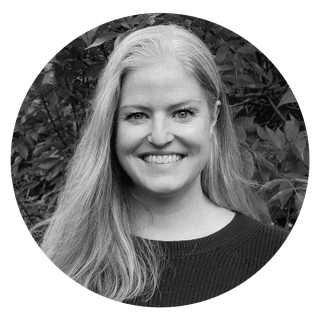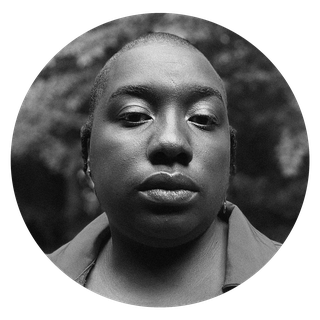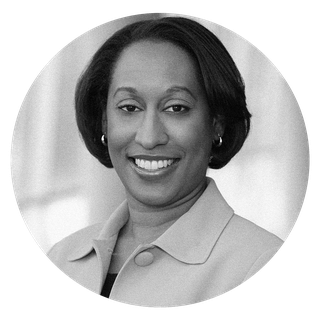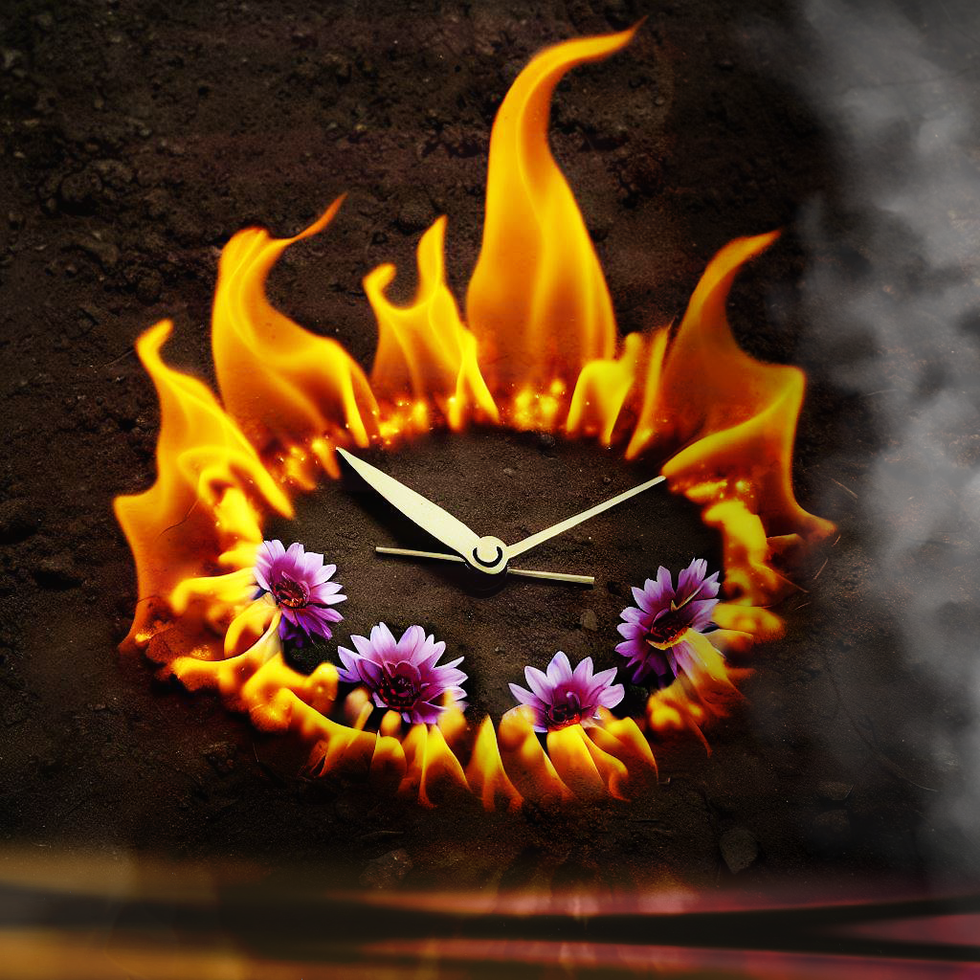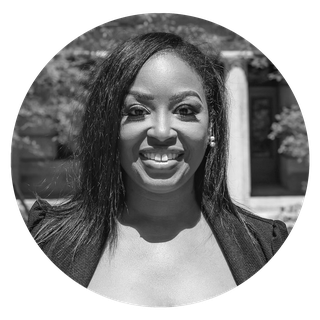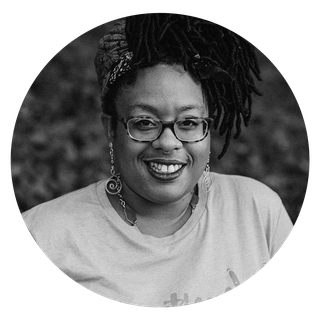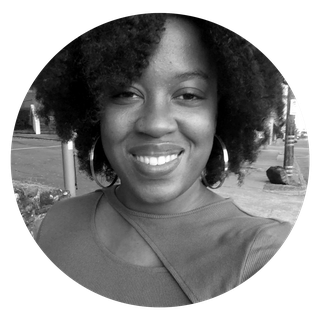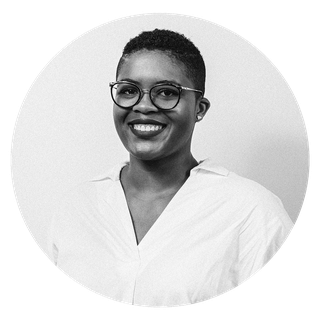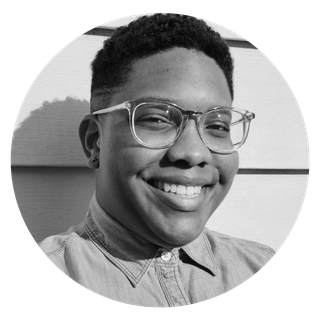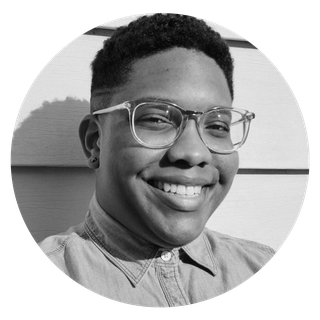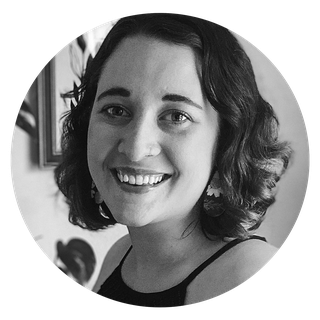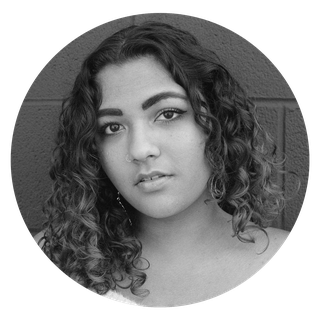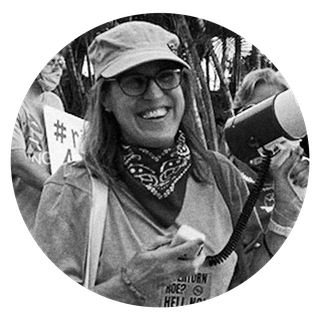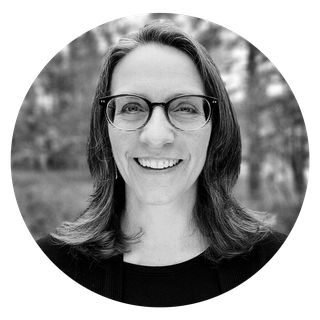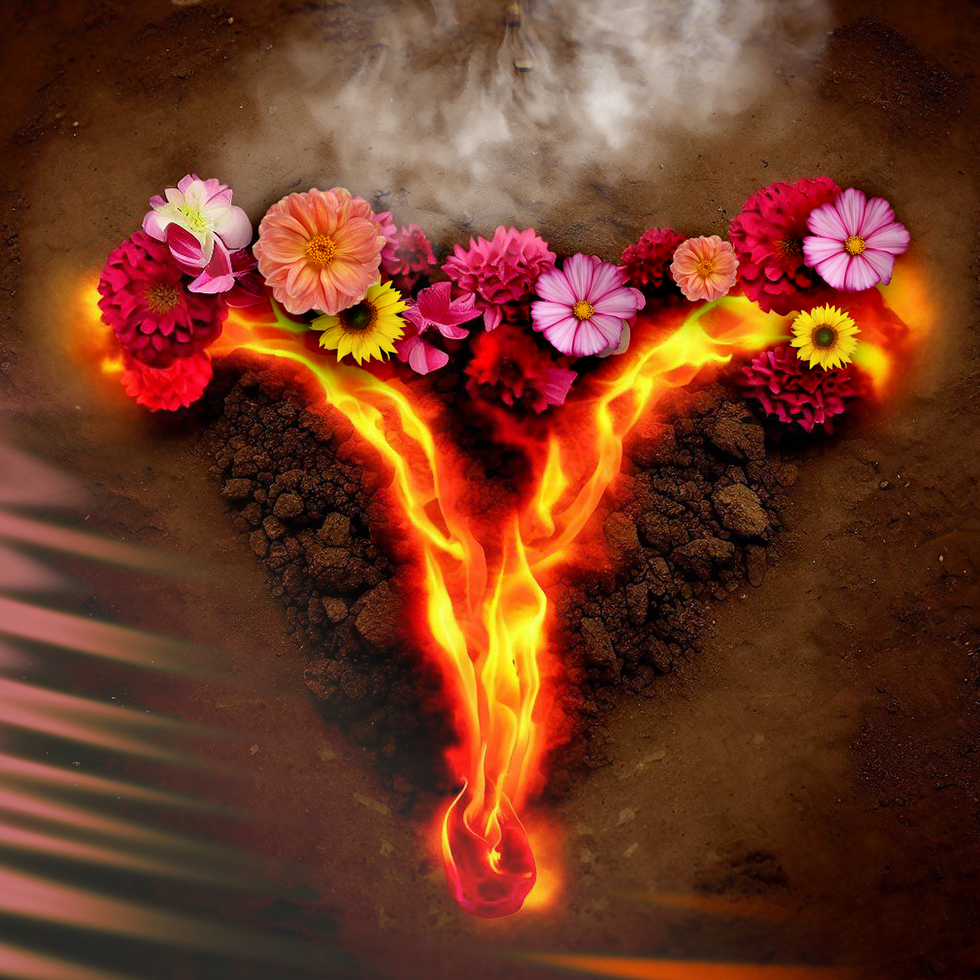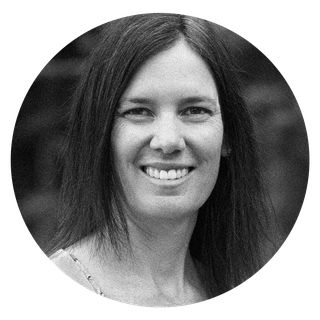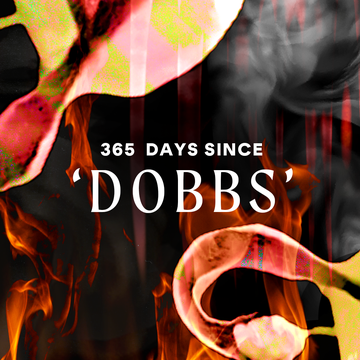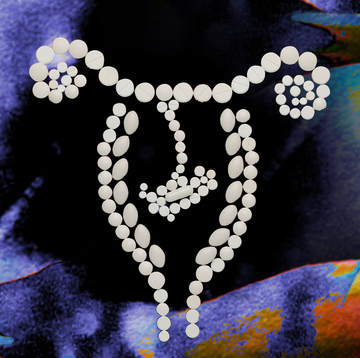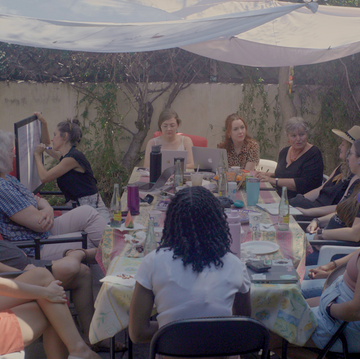We’re not going to lie and say that abortion access in America is in great shape. But we can tell you not to despair. Thanks to the hard work of activists and community organizers who have been agitating tirelessly throughout the past year, we’ve seen reproductive justice victories both big and small across our country.
Six states—Indiana, Iowa, Montana, Ohio, South Carolina, and Wyoming—have blocked would-be abortion bans. Michigan, Minnesota, and several other states have enacted stronger abortion protections at the state level. Even in the 14 states where the procedure is now completely prohibited, abortion advocates haven’t given up—and they’re seeing more people join the effort than ever before.
So to mark the one-year anniversary of the Supreme Court’s decision on Dobbs, we’re checking in with some of the same defenders of reproductive justice we spoke to last year for the It’s Not Over project. Here, a look at their biggest takeaways from this past year to help carry the fight forward.
#1: This isn’t just about abortion.
“There are so many nuances to reproductive justice that are rooted in social inequities and oppression. Abortion access does not exist in a vacuum—the decision to become a parent depends on our mental, physical, and socioeconomic well-being, and we must be ready, willing, and steadfast to keep fighting on all these fronts.”
—Kennedy Moore (she/they); manager of digital and youth organizing at Abortion Action Missouri (formerly known as Pro-Choice Missouri); Saint Louis, Missouri
“The reproductive justice movement requires equity and intersectionality. We need to listen to the most marginalized among us. Indigenous people, people of color, and transgender people have always fought for reproductive justice. Yet white middle- to upper-class women have held the spotlight. The fact is, white women will never be able to truly understand the needs of marginalized communities—and for justice to be made, their voices need to be at the center.”
—Toni Miller (she/her); cofounder of the Justice Through Empowerment Network (JEN), an abortion fund and practical support network; Sioux Falls, South Dakota
“A post-Roe society on the back end of COVID-19 has exacerbated the daily needs of Black women, pregnant-capable people, and our families around issues like housing, food, safe neighborhoods, and sustainable compensation. For Black women, girls, and pregnant-capable people, this moment is about so much more than abortion access. It always was and it always will be.”
—Cherisse Scott (she/her); CEO and founder of SisterReach; Memphis, Tennessee
“The reproductive justice movement requires expansiveness. Reproductive justice is the framework, but the desire or ability for reproduction is not required. In order to have safe and sustainable environments, we need solidarity and cross-pollination with all movements of care and liberation. Reproductive justice requires gender-affirming care, clean air, abolition, communities free from violence, and financial resources.”
—Ayé Johnson (they/homie); blueprint manager for Apiary for Practical Support; Richmond, Virginia
“The reproductive justice movement requires all of us. The increased attacks on trans communities is directly tied to the attacks on abortion rights. This was especially clear in the discriminatory legislative bill 574 in Nebraska’s legislature that combined a gender-affirming care ban with a 10-week abortion ban. We all have a right to bodily autonomy, and being trans or pregnant doesn’t change that. Our liberation is connective and collective.”
—Jo Giles (she/her); executive director, Women’s Fund of Omaha; Omaha, Nebraska
#2: You need to be patient. This is gonna take a while.
“I still remind people that although this might feel overwhelming, this is not the time to feel discouraged. This will be a long fight, and we need to remain stronger than ever. There are many tactics and opportunities for everyone to take meaningful action. Everything counts. From following your local organizations on social media to bringing your friends to community gatherings to contacting your representatives to either thank them for the work they’re doing or hold them accountable. Keep yourself informed, and always keep spreading the word that abortion is not stigma, it’s health care.”
—Gabriela Fuentes (she/ella); advocacy manager, Planned Parenthood North Central States/Planned Parenthood Advocates of Iowa; Des Moines, Iowa
“If I didn’t know it before, I’ve learned that it takes time to see the fruits of our labor from all of this work. Patience is key, and the reproductive justice movement requires tenacity. Talking to so many of my mentors in the fight and hearing how some of their wildest dreams from five or more years ago are just coming true shows me why this is a lifelong battle for so many of us.”
—Kennedy Moore (she/they); manager of digital and youth organizing at Abortion Action Missouri (formerly known as Pro-Choice Missouri); Saint Louis, Missouri
“I’ve really focused on protecting my peace. This means knowing when to step up, step out, or step back. We also know that advocacy for bodily autonomy will continue to shift, so we’re focusing some of our organizational power in places where it will make the most impact and building more movement leaders and grassroots power for the work ahead.”
—Jo Giles (she/her); executive director, Women’s Fund of Omaha; Omaha, Nebraska
#3: We can’t always count on our leaders, but we can count on ourselves.
“Anti-abortion activists are more focused on controlling people who are making reproductive health care decisions for themselves rather than focusing on improving conditions in the health care system itself. Their antics are not new, but without federal protections in place, we have become more vulnerable to their attacks and harm. Our path to reproductive freedom cannot rely on the opposition when we have each other. Across Ohio, we have come together—we are taking care of ourselves, expanding and implementing safety nets, and letting folks know they are not alone. We are here, and as long as we have each other, we will never be defeated in protecting abortion access.”
—Rhiannon Carnes (she/her); executive director of Ohio Women’s Alliance; Pickerington, Ohio
“We are still here and we’re still fighting. And we are NOT defeated. We know the community takes care of each other, and we are continuing to support our community in new and transformative ways. Instead of shrinking, we are growing and expanding the work we do so that we can build a sustainable organization and support people in the different parts of their reproductive lives. Currently, we are operating with 10 team members, our largest team yet.”
—Kamyon Conner (she/her); executive director at Texas Equal Access Fund; Denton, Texas
“People will always leave folks out. With the overturning of Roe, a lot of folks shifted to assisting people who can go out of state. And so it was just kind of like, Okay, what about the people who aren’t going to go out of state? What are they going to do? What about undocumented people without licenses and all these other groups? That was disappointing. But I’ve also realized that there’s always a group of people who get it. They realize that we need this reproductive justice work here, even if we’re in a state without abortion access.”
—Jenice Fountain (she/her); executive director of the Yellowhammer Fund; Birmingham, Alabama, serving Alabama, Mississippi, and the Florida Panhandle
“We know now, as we’ve always known, that our legislatures, the government, and policies aren’t designed for us. They aren’t designed to provide equitable care. In order to get the care that we deserve and need, it’s going to take collective community care. We don’t ask people to tell us what they need help for. We trust our communities. Community care in the form of mutual aid is definitely something that’s even more important now, especially as folks fall deeper within the gaps.”
—Krystal Redman, DrPH, MHA (they/she); executive director of Spark Reproductive Justice; Atlanta, Georgia
#4: There is power in rest.
“We deserve rest—it is our duty. I always want to show that I am human first and prioritize my own joy. I play rugby as an outlet physically, and having community is helpful too. I have had interns and volunteers check and monitor my social media to protect me from the worst trolls. I have gone on a lot of vacations. I celebrate the big wins hard, like joyfully crying with my old intern manager after the passage of the EACA, expanding abortion access to Medicaid recipients and state employees in Rhode Island. I don’t ignore the terrible headlines, but I am grounded in the reality that more people care and are committed to abortion access and are funding that more than ever before.”
—Tiara Mack (she/her); state senator and board member of Women’s Health and Education Fund (Rhode Island’s only abortion fund); Providence, Rhode Island
“I make sure to hold space for myself, my team, and our community. When Roe was overturned, our immediate call to action was to be in community with one another. We held a community discussion on what the impact meant to us in Ohio and for folks to share their feelings of anger, anxiousness, and sadness. You do not always have to be the one leading to be a valuable leader. There is power in rest and being still. It allows me to gain my strength—mentally, emotionally, physically—for the long fight ahead.”
—Rhiannon Carnes (she/her); executive director of Ohio Women’s Alliance; Pickerington, Ohio
“Protecting mental health is difficult when you’re under attack, but I try my best to keep appointments with my therapist, travel when able, and just take time off to find my peace and joy.”
—Erin Smith (they/them); executive director of the Kentucky Health Justice; Louisville, Kentucky
#5: Anti-choicers are *not* the majority.
“[Anti-choicers] overplayed their hand. We know that they attack abortion access to gain power and control. The antis let this small number take control of the movement, and their zealot-like behavior took the anti-abortion movement to its logical extreme—an extreme that the overwhelming number of people do not want. So now that they have shown everyone who they really are, we all believe them and are voting them out, taking back control, and shouting that we are pro-abortion from every bouncy tundra valley to glacial mountainside.”
—Rose O’Hara-Jolley (they/them); Alaska state director, Planned Parenthood Alliance Advocates; Anchorage, Alaska
“I’ve learned that our opposition is afraid of the voice of the people. Last year, KHJN [the Kentucky Health Justice Network] was part of a ballot measure campaign that defeated a constitutional amendment that would have denied abortions in the state constitution. The people answered and the measure was defeated. Despite the victory, Kentucky is still battling the courts for the ban to be lifted. The state attorney general—now GOP gubernatorial candidate for 2024—denied the voice of the people. This win shows that ballot measures do not work when used to try to restrict the rights and needs of the people.”
—Erin Smith (they/them); executive director of the Kentucky Health Justice Network; Louisville, Kentucky
“The opposition, despite how strong they may seem, lacks the same level of joy and community that we’ve built with each other. Most of the attacks we’re seeing right now come from copied-and-pasted legislation written by right-wing think tanks, and that is no match for the work of true community building. When we organize effectively together, we have the power to defeat them. But it requires a true united front, which we’re still working to build.”
—Josie Pinto (she/they); cofounder and executive director of the Reproductive Freedom Fund of New Hampshire
“Anti-abortion activists are extremely well funded and well organized, but they are the minority in this country. For most of American history, abortion was not an issue at the forefront of politics. When Roe v. Wade was decided in 1973, the American right wing didn’t really care about abortion, not even the evangelical Christians. The shift that led to abortion being a hot topic for the right actually had nothing to do with abortion—it was sparked by desegregation. After the Supreme Court ordered schools in the South to desegregate, many white parents pulled their children from public schools and sent them to all-white private schools that eventually had their tax-exempt statuses revoked, which enraged evangelical Christians and helped to solidify their role as leaders on the political right. Because publicly opposing desegregation was no longer socially acceptable, the right needed to find a new tactic. Criticizing Roe v. Wade and pushing back against abortion rights became a way to talk about ‘government overreach,’ ‘states’ rights,’ and the need to ‘protect the family’ without having to actively oppose civil rights or desegregation. The anti-abortion movement in America is inextricably linked to race and has far less to do with abortion than many of us would guess. The anti-choice movement positions themselves as the movement for babies, for mothers, and for ‘life,’ when in reality, abortion is often an act of love—for the pregnant person, the parents, the other children in the home, and the unborn fetus.”
—Simran Singh Jain (she/they); membership coordinator at SisterSong Women of Color Reproductive Justice Collective; Durham, North Carolina
#6: When people aren’t listening, we need to get louder.
“The reproductive justice movement requires brazen advocacy because the majority of folks support freedom and autonomy in multiple forms. Unless we all unapologetically and actively move toward that world together, we won’t ever get there.”
—Rose O’Hara-Jolley (they/them); Alaska state director, Planned Parenthood Alliance Advocates; Anchorage, Alaska
“We cannot rely on the courts, because that’s what got us into this horrible nightmare. Now the right wing is even trying to ban abortion medication such as mifepristone, and their ultimate goal is a nationwide abortion ban. We continue to protest in the streets, demanding ‘Legal Abortion on Demand and Without Apology Nationwide,’ and we will not stop until this demand is met.”
—Liz Rees (she/her); activist with Rise Up 4 Abortion Rights; Honolulu, Hawaii
“There is no compromise on our autonomy. There is no negotiating away our human rights. And sometimes folks aren’t going to want to take the big risks with you, but change doesn’t happen when we remain small and continue advocating for replicas of what existed in the past.”
—Eloisa Lopez (she/her); executive director for Pro-Choice Arizona and the Abortion Fund of Arizona; Phoenix, Arizona
#7: “Abortion” is not a dirty word.
“The grassroots energy fighting to protect abortion access feels infectious right now. We need to keep that up by speaking out and telling stories. Just saying the word ‘abortion’ is vital in the fight. And VOTE, especially in local and regional elections.”
—Caitlin Shea (she/her); Chelsea’s Fund board member; Jackson, Wyoming
“After Dobbs, all the people and community groups who didn’t want to associate with our work and organization in the past were suddenly talking about abortion everywhere. Abortion rights and access and the concept of reproductive justice finally broke into every household and office and company across America. It was a conversation that could no longer be ignored. Moving into uncomfortable conversations is a first step in normalizing and destigmatizing abortion health care.”
—Eloisa Lopez (she/her); executive director for Pro-Choice Arizona and the Abortion Fund of Arizona; Phoenix, Arizona
#8: Little victories matter.
“Chelsea’s Fund—along with several other plaintiffs including a Wyoming abortion clinic and two physicians—have filed suit against all three abortion bans that have been passed in the past two years in Wyoming. After winning a preliminary injunction against the first post-Dobbs ban, we won a temporary restraining order against the next ban, meaning abortion remains legal in Wyoming today. We will continue to fight these bans in court over the next year.”
—Caitlin Shea (she/her); Chelsea’s Fund board member; Jackson, Wyoming
“We did a reproductive justice fellowship and taught everyone how to self-manage [an abortion] and also taught everyone how to teach their community to self-manage. Little strides like that do make me think, Okay, well, there are people who are ready to band together and do whatever it takes to keep people safe.”
—Jenice Fountain (she/her); executive director of the Yellowhammer Fund; Birmingham, Alabama, serving Alabama, Mississippi, and the Florida Panhandle
“Our country’s political leaders, especially the U.S. Supreme Court majority, have betrayed us. But we are not giving up. I couldn’t stop smiling in the days after the election last November when it became clear that the Reproductive Liberty Amendment won a majority in every single one of the 237 towns in Vermont.”
—Felicia Kornbluh, PhD (she/her); board vice president at Planned Parenthood of Vermont Action Fund; professor of history at University of Vermont; author of A Woman’s Life Is a Human Life: My Mother, Our Neighbor, and the Journey From Reproductive Rights to Reproductive Justice; Williston, Vermont
#9: We have to do a better job of amplifying the good stuff that’s happening.
“Amazingly, in the past year, Wyoming gained an abortion clinic that provides comprehensive reproductive health care and abortion up to 23 weeks, 6 days [of pregnancy]. Prior to this clinic, the entire state had only one clinic plus a telehealth medication abortion provider that provided medication abortions up to 10 weeks. This is truly a monumental achievement during a time when the state is trying to severely restrict abortion access.”
—Caitlin Shea (she/her); Chelsea’s Fund board member; Jackson, Wyoming
“The unanimous decision by the Montana Supreme Court in Helen Weems v. State of Montana permanently struck down an unnecessary law that banned nurse practitioners and nurse midwives from providing abortion care in the state. The decision also reaffirmed the right to privacy and the fundamental right to seek abortion care under the Montana state constitution. Represented by the Center for Reproductive Rights and the Montana ACLU, this is a huge win for abortion access. The Montana State Constitution is a beautiful and visionary document. We have to fight like hell to maintain an impartial judiciary to protect it.”
—Helen Weems (she/her); nurse practitioner, founder, and sole clinician at All Families Healthcare; Whitefish, Montana
#10: There is hope for the future.
“There is a reckoning happening in many health care spaces around how abortion seekers and abortion providers are viewed within medicine. There’s been a paradigm shift within the medical community on what needs to change going forward for abortion to be treated as the essential health care that it is. Although we have not won back reproductive freedom at the Idaho courts, we have educated and mobilized many in medicine to truly understand the impact of what’s been lost post-Dobbs. In the next year, we will continue to break down the stigma around abortion that has kept it marginalized in medicine, especially since this is in direct contrast to how essential it is to the health, well-being, and safety of our communities.”
—Caitlin Gustafson, MD (she/her); rural family physician advocate and Physicians for Reproductive Health fellow; McCall, Idaho
“I worked at abortion clinics in Fargo, North Dakota, for nearly 30 years, but when the Dobbs decision came out last year, a trigger ban went into effect and we were forced to leave. But that didn’t stop us. We opened a new clinic in Moorhead, Minnesota, in August 2022—in just 47 days. It was under duress and in a very short time, but I am so proud of that. I’ve had time to breathe, to dream, and to think about how we can leverage the support and momentum that we have in Minnesota to further solidify and protect abortion rights in that state. We hope to be providing telehealth medication abortions within the next year and to have expanded our building, which has been getting remodeled, to ensure an even better patient experience. Since being in Minnesota, I’ve listened to state legislatures passionately defend abortion and speak eloquently about how it’s a vital health care need. It’s been such a refreshing change from the hateful rhetoric we were used to in North Dakota.”
—Tammi Kromenaker (she/her); clinic director at Red River Women’s Clinic; Moorhead, Minnesota
If you need an abortion, check out the resources at INeedAnA.com or AbortionFinder.org. You can also dive into the Guttmacher Institute’s resources for more detailed info on the policies in your state.
Hannah Chubb is the associate lifestyle editor at Cosmopolitan, covering all things home, travel, food, health, career, and more. She spends pretty much every hour of every day curating the internet for the best new products, trends, and travel destinations. You can typically find her looking for houses she can’t afford on Zillow or Airbnb, planning her next meal before she gets to the restaurant, or taking all of the Justin Bieber classes over and over and over again on Peloton. Follow her on Instagram.
Christen is the associate news editor at Cosmopolitan, where she covers all things around pop culture, celebrity, and things happening in the world. Previously, she was a features reporter at the Chicago Tribune where she specialized in lifestyle and culture topics like health, dating and relationships, parenting, home, race and more.

Erika W Smith (she/her) is the current Senior Astrology Editor at Cosmopolitan. In her 2+ years at Cosmo, she's worked on everything from editing weekly horoscopes, to reporting on how astrology influences album release dates, to launching The Cosmo Tarot. Before joining Cosmopolitan in 2020, she was a writer and/or editor for Refinery29, HelloGiggles, and BUST magazine. Her book Astrosex: How to Have the Best Sex According to Your Star Sign was published in 2021. Follow her on Twitter and Instagram @erikawynn.



